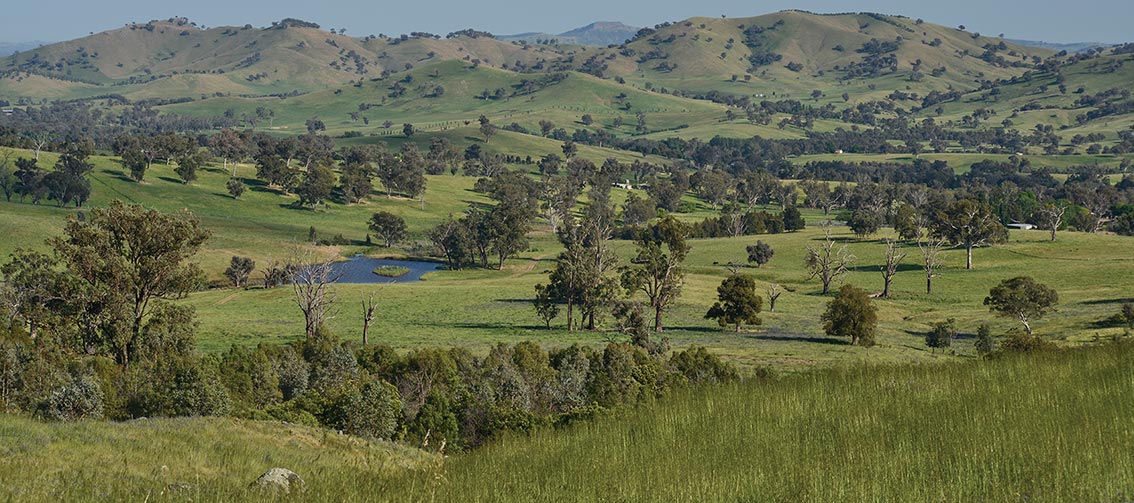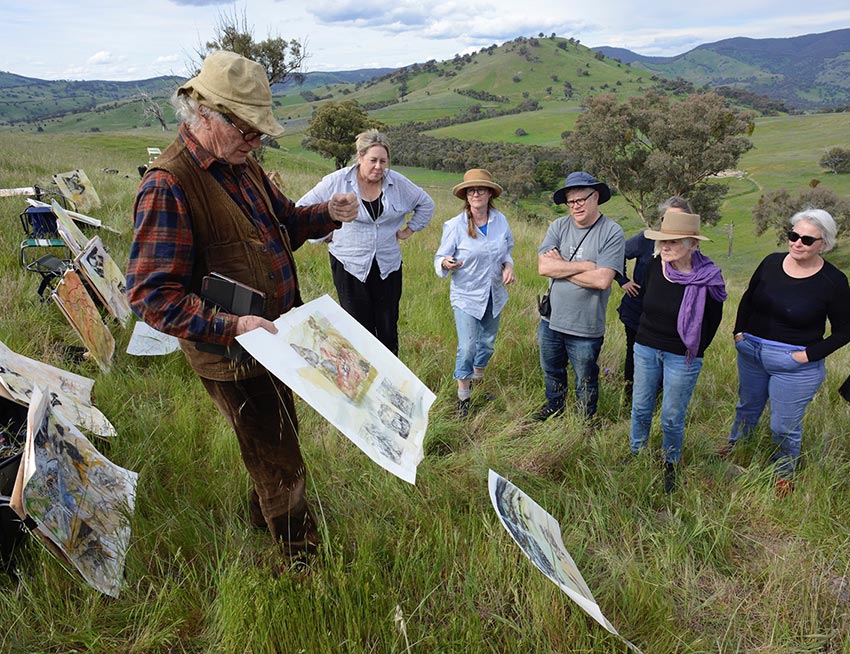
Art in Ag
Learning to look at the landscape through the eyes of an artist
Earth Canvas Inc. is a group of 6 Regenerative farmers from SW slopes of NSW between the Murray and Murrumbidgee rivers.
We invited 6 leading Australian artists to work on each farm and come ups with a body of artwork to express the experience they had working on the regenerative farms. In November 2019 the Regen farms opened their gates and welcomed visitors to a day on a regen farm. Over 500 people heard about the artist’s impression of the landscape and scientist and educators talk about Regen Ag.
Earth Canvas residency at Wagga Art Gallery
Applications for 2025 NOW OPEN
In addition to our annual RAD Residency Program, Wagga Wagga Art Gallery has partnered with Earth Canvas to offer one artist residency on a regenerative farm and studio residency. This opportunity is open to artists who have an environmental focus within their work and are interested in extending their engagement with themes of healthy landscapes, soil, food and a healthy planet.
A two week artist residency (accommodation provided) will be undertaken at a regenerative farm within 100km of Wagga Wagga immediately followed by a two week studio residency at Wagga Wagga Art Gallery.
Earth Canvas will facilitate a mentoring opportunity with a significant Australian landscape artist to further develop the understanding of working with nature to produce healthy food and landscapes.
The successful applicant to the RAD x Earth Canvas residency will receive a stipend of $2000 to complete the project and assist with accommodation and travel costs.
To apply please visit: wagga.smartygrants.com.au/RADEC25
For more information please visit: waggaartgallery.com.au/get-involved
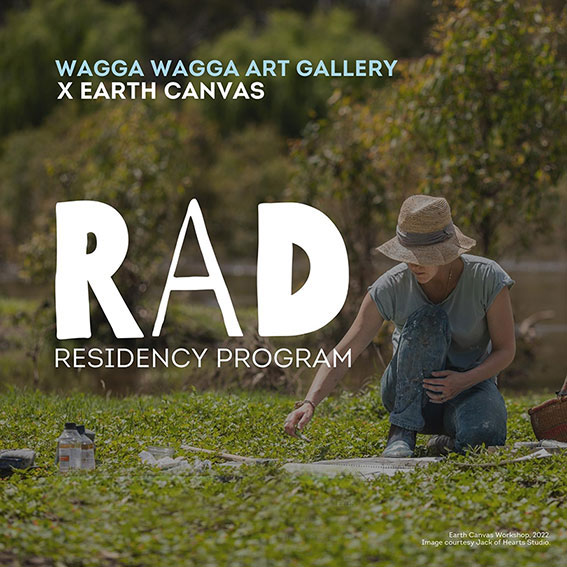
Earth Canvas Agriculture Residency
Applications for 2025 NOW OPEN
Earth Canvas – supporting young people in Regenerative Farming with the opportunity to attend a full Holistic Management course Holistic Management: A Foundation for Regeneration / January – May 2025
If you are interested and Under 40 years of age and would like financial support to attend this course.
Tell us:
- Why would you like to attend Holistic Management training?
- Why do you think it is important to Regenerate agricultural landscapes?
Course Outcomes
Gain a solid understanding of the holistic nature of our environment. Learn how to make decisions that are simultaneously socially, environmentally and financially sound using the Holistic Management Framework. Learn how to utilise animals as a positive tool to improve environmental health. Create a Holistic Context for yourself and your business/family. Gain a deep understanding of Holistic Financial planning Holistic Grazing planning Improve your time management and communication skills. You’ll leave with a positive outlook and a bunch of new ideas to help you achieve your goals.
Please apply before 4 November 2025 to info@earthcanvas.com.au or call Gillian Sanbrook 0425696724
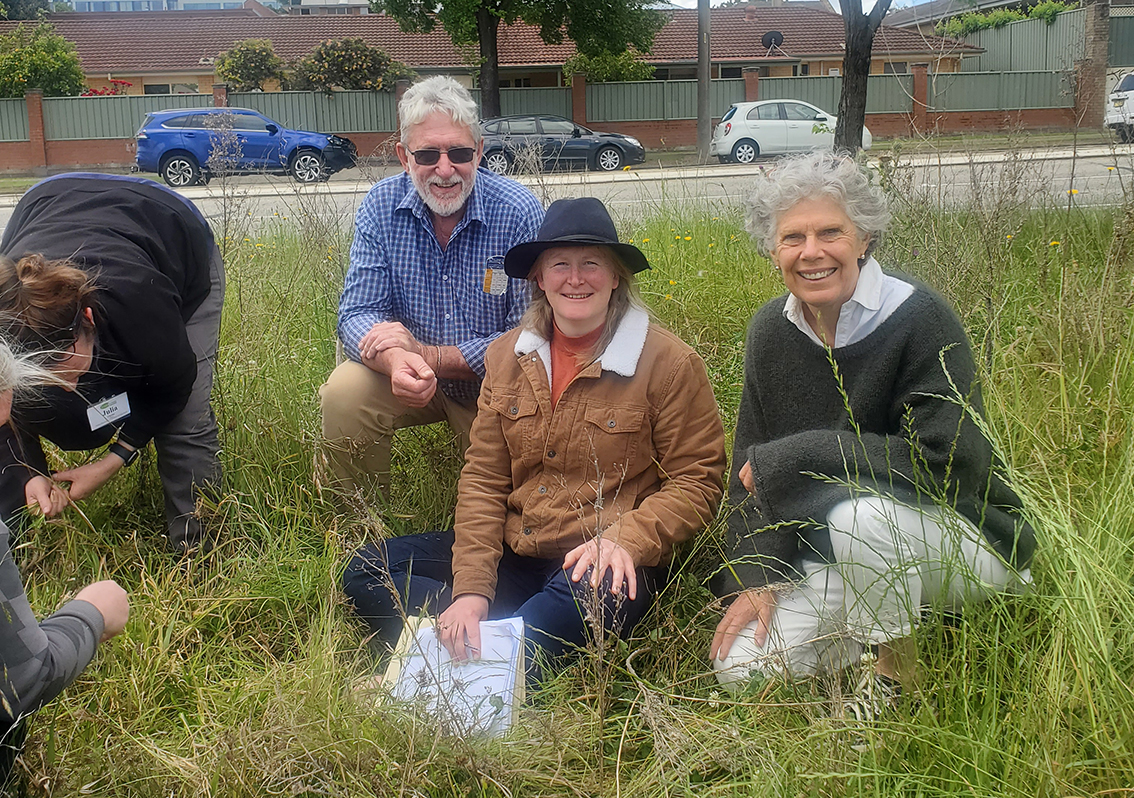
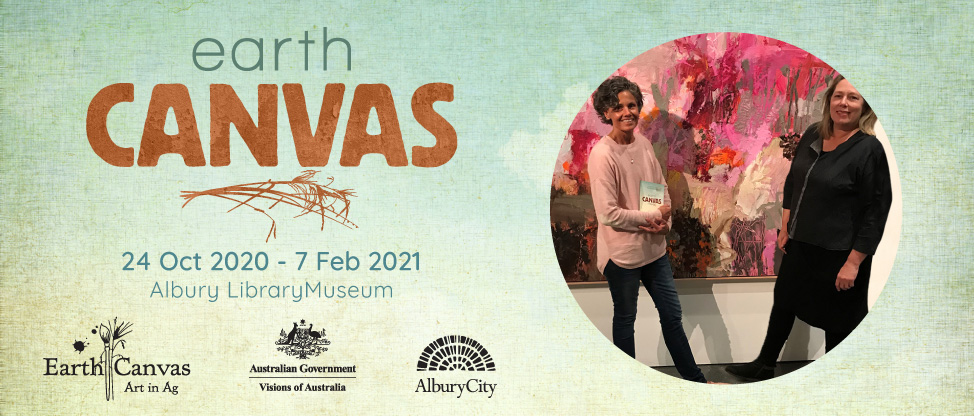
Art Exhibition
A travelling Exhibition started in October 2020 at the Albury Library Museum and will travel for 2 years to 4 states and finish at the Australian National Museum in Canberra in October 2022.
There are 70 artworks in the exhibition by some of Australian leading Australian artists and Regenerative farmers.
Travelling Exhibitions venues
- TheAlbury LibraryMuseum from October 24 2020 to February 7 2021
- The Swan Hill Regional Art Gallery from March 19 to May 14, 2022
- The Riddoch Art Gallery, Mt Gambier from July 16 to August 29, 2021
- MilduraArts Centre from September 16 to November 28, 2021
- Riverina Museum Wagga Wagga from December 7 2021 to February 27 2022
- The Tamworth Regional Gallery from March 16 to May 5, 2022
- Griffith Regional Gallery from June 18 2022 to July 24 2022
- Australian National Museum from August 18 2022 to October 30 2022
Earth Canvas artists
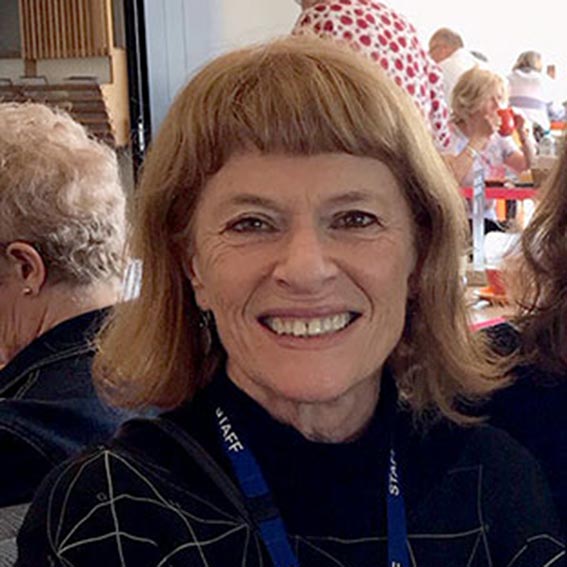
Janet Laurence
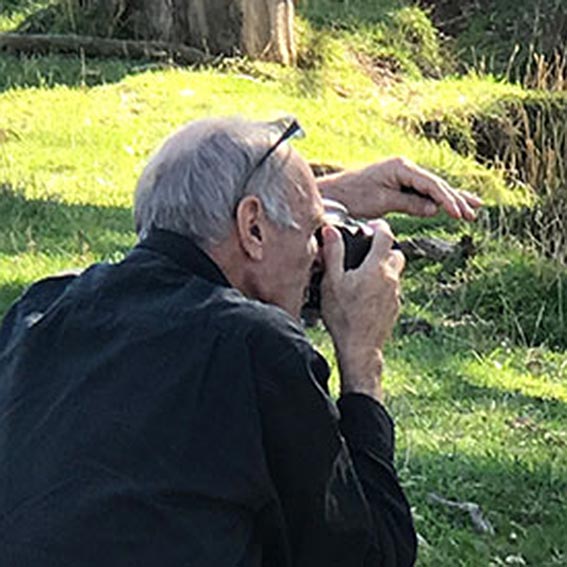
Tony Nott
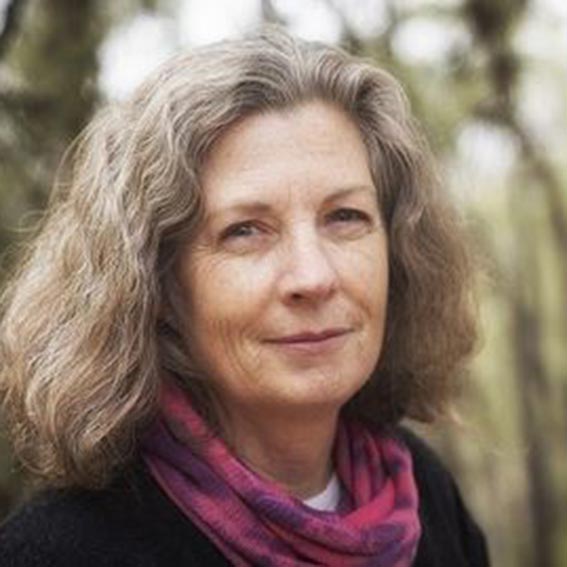
Rosalind Atkins
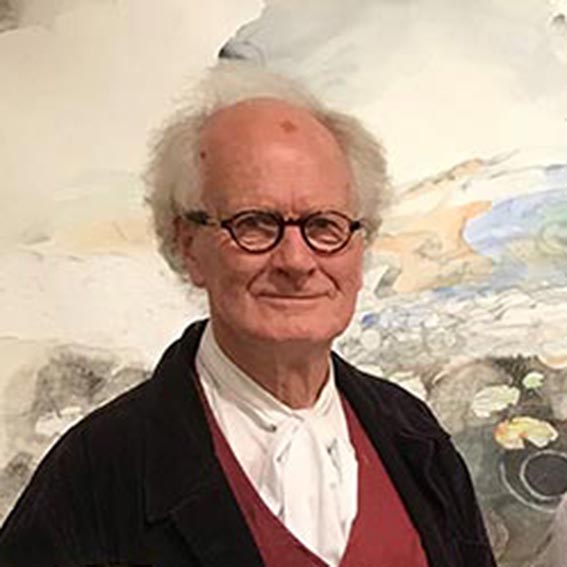
John Wolseley
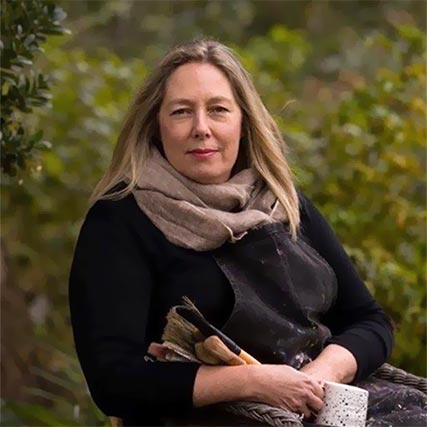
Jo Davenport
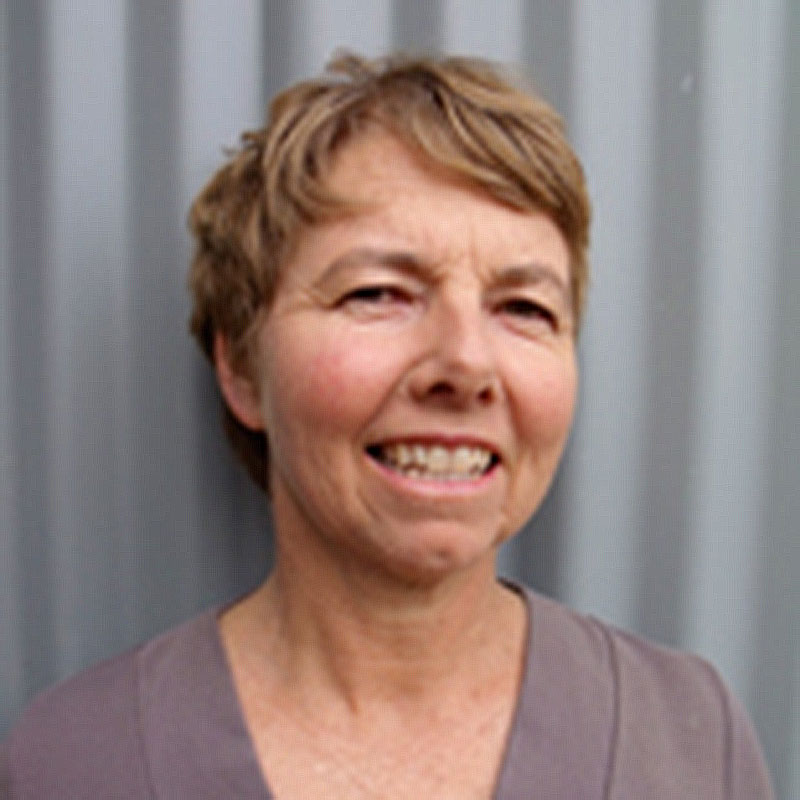
Jenny Bell
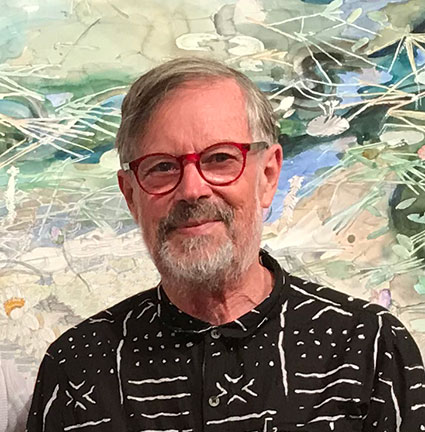
Idris Murphy
Earth Canvas farmers
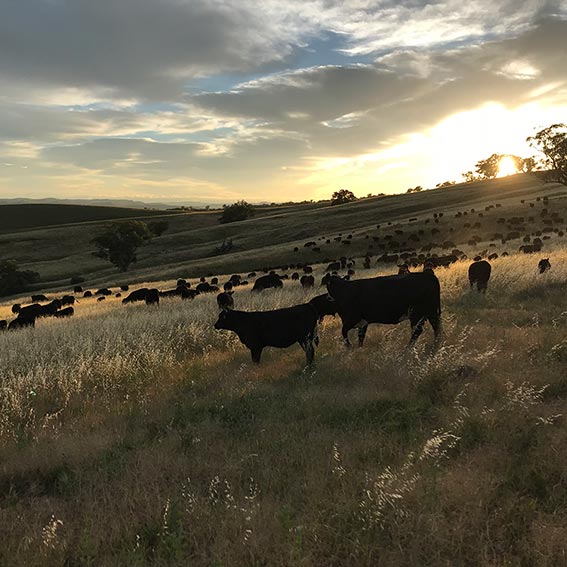
Nick and Dea Austin
“Mundarlo”
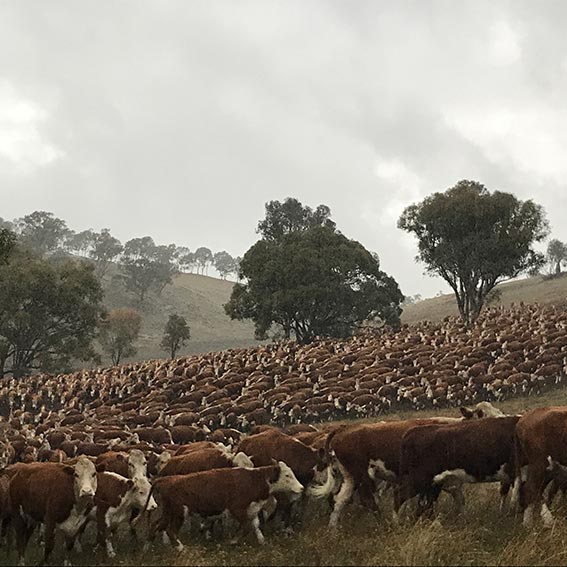
Michael & Anna Coughlan
“Mt Narra Narra”
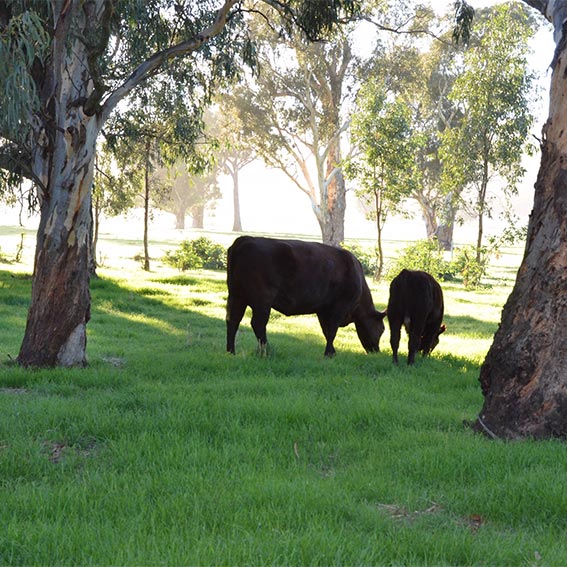
Jill & Ian Coghlan
“Eurimbla”
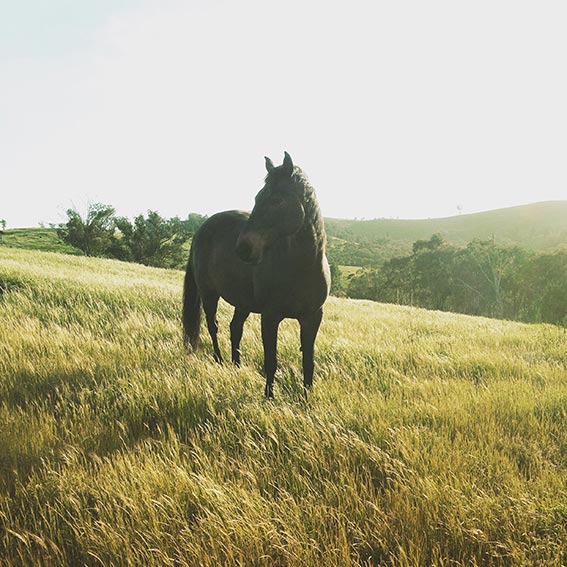
Rebecca Gorman
“Yabtree West”
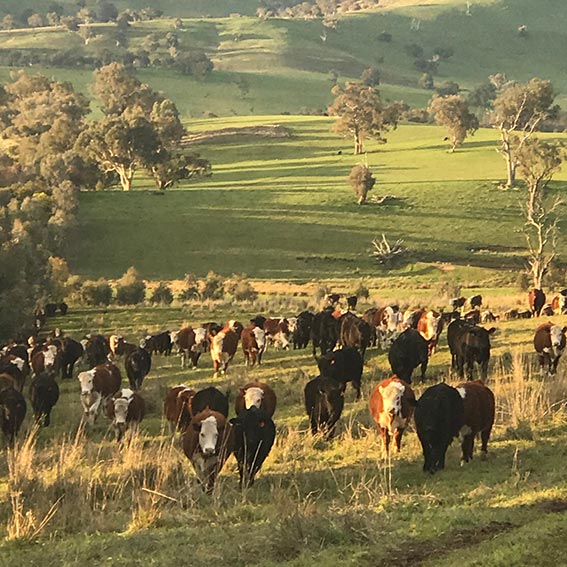
Gill Sanbrook
“Bibbaringa”
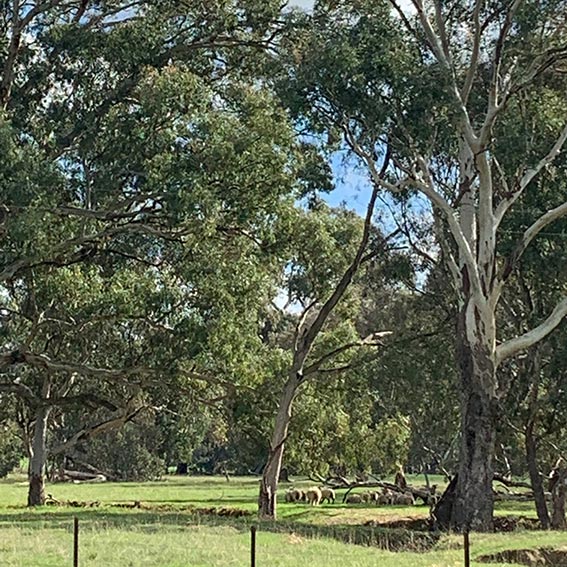
Joy & Bill Wearn
“Yammacoona”
A note from Earth Canvas Chairman, Gillian Sanbrook
The mosaic patterns and symmetry of the farmed landscape, and the ways man-made patterns have impacted the flow of natural processes on the countryside, triggered the idea of inviting six leading Australian artists and six regenerative farmers in southern New South Wales to work together on the Earth Canvas project.
The Earth Canvas team endeavoured to create an opportunity for people to look at the landscape from a creative perspective and to give more consideration to the health of the environment. It also gave the general public a chance to spend a day on a regenerative farm during the November 2019 Open Days. The artists were asked to create a body of artworks to express their experience of a regenerative farm. It was hoped the experience would encourage land managers and food consumers and agencies to see the landscape in a more empathic way, and thereby help to create a healthier world.
Earth Canvas was a win–win project for everyone concerned. During the on-farm Open Days, over 500 visitors experienced first hand what a regenerative farm looks like. The artists shared their responses to the landscape, and gained a deeper understanding of land management, and food and fibre production. The regenerative farmers shared how they work with nature to build a healthy ecosystem as well as a profitable business, and saw their land anew through the eyes of the artists they were paired with.
The shared experience gave the participating artists, farmers and visitors a fuller appreciation of the land’s patterns, colours, and natural and man-made formations. Artists are important for the whole community. In the same way that regenerative farmers have a symbiotic connection to their land and to the animals they raise, an artist must attempt to bridge the gap between themselves and the subject of their art. As John Wolseley has said: If you want to paint bamboo, you have to draw, draw and draw bamboo, until you become the bamboo.
Historically, Europeans have managed land by containing it within boundary fences, with little consideration for their neighbouring human communities, or for the waterways, soils and plants beyond the titled land. The farming systems introduced by the early colonisers disregarded the age-old land management practices of the country’s First Nation peoples. Unlike European farming methods, the Aborigines’ Dreamtime stories, songlines, and hunting, gathering and food production methods respected and were in harmony with the land and its ecosystem.
The Earth Canvas exhibition is for everyone. It is an opportunity to engage with a 21st-century way of working with the landscape. It is designed to allow the viewer to look at the works of art and photographic images of the land that inspired the artists. It will give visitors an opportunity to see the beauty and rhythm of nature. Humans are a part of the natural process, and we need to feel and breathe and think about how our decisions affect the landscape into the future.
Gillian Sanbrook
Chairman Earth Canvas
The mosaic patterns and symmetry of the farmed landscape, and the ways man-made patterns have impacted the flow of natural processes on the countryside, triggered the idea of inviting six leading Australian artists and six regenerative farmers in southern New South Wales to work together on the Earth Canvas project.
The Earth Canvas team endeavoured to create an opportunity for people to look at the landscape from a creative perspective and to give more consideration to the health of the environment. It also gave the general public a chance to spend a day on a regenerative farm during the November 2019 Open Days. The artists were asked to create a body of artworks to express their experience of a regenerative farm. It was hoped the experience would encourage land managers and food consumers and agencies to see the landscape in a more empathic way, and thereby help to create a healthier world.
Earth Canvas was a win–win project for everyone concerned. During the on-farm Open Days, over 500 visitors experienced first hand what a regenerative farm looks like. The artists shared their responses to the landscape, and gained a deeper understanding of land management, and food and fibre production. The regenerative farmers shared how they work with nature to build a healthy ecosystem as well as a profitable business, and saw their land anew through the eyes of the artists they were paired with.
The shared experience gave the participating artists, farmers and visitors a fuller appreciation of the land’s patterns, colours, and natural and man-made formations. Artists are important for the whole community. In the same way that regenerative farmers have a symbiotic connection to their land and to the animals they raise, an artist must attempt to bridge the gap between themselves and the subject of their art. As John Wolseley has said: If you want to paint bamboo, you have to draw, draw and draw bamboo, until you become the bamboo.
Historically, Europeans have managed land by containing it within boundary fences, with little consideration for their neighbouring human communities, or for the waterways, soils and plants beyond the titled land. The farming systems introduced by the early colonisers disregarded the age-old land management practices of the country’s First Nation peoples. Unlike European farming methods, the Aborigines’ Dreamtime stories, songlines, and hunting, gathering and food production methods respected and were in harmony with the land and its ecosystem.
The Earth Canvas exhibition is for everyone. It is an opportunity to engage with a 21st-century way of working with the landscape. It is designed to allow the viewer to look at the works of art and photographic images of the land that inspired the artists. It will give visitors an opportunity to see the beauty and rhythm of nature. Humans are a part of the natural process, and we need to feel and breathe and think about how our decisions affect the landscape into the future.
Gillian Sanbrook
Chairman Earth Canvas
